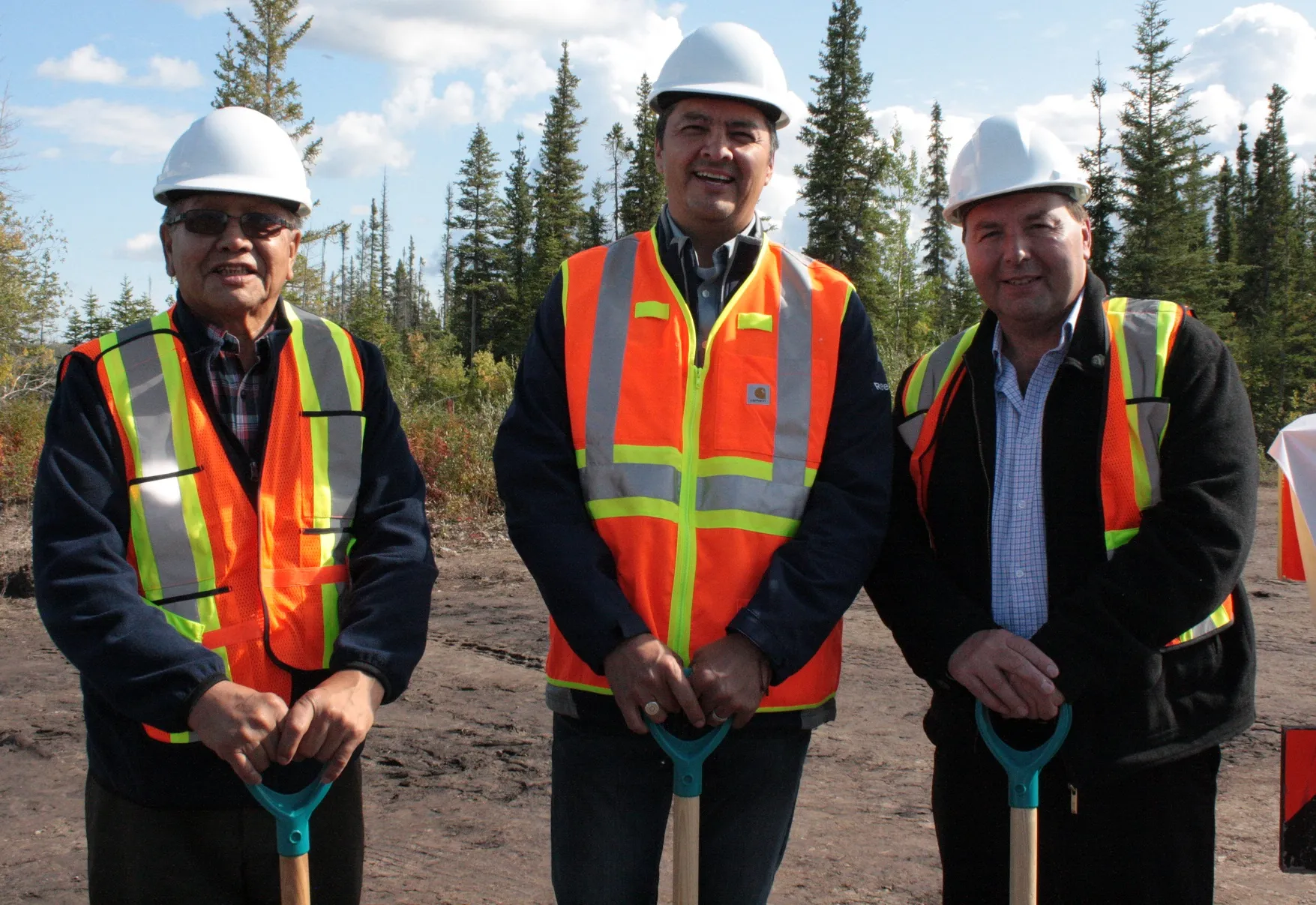
Canada’s province of Nova Scotia is piling two-thirds more money into road construction and maintenance during fiscal 2021 than it spent in the past year.
The provincial government said it will spend around US$392.5 million to upgrade and improve main highways, roads and bridges within the province. Work will include improvements to intersections, building roundabouts and interchanges and constructing turning and passing lanes.
The government has pinpointed replacement for, or repairs to, 19 bridges as well as maintenance to more than 500km of gravel and asphalt roads. Another focus will be on twinning Highways 103, 101, 107 and 104. In total, there will be 11 major construction projects in 2021 to 2022, according to Lloyd Hines, the provincial transportation minister.
The details are laid out Nova Scotia’s Five-Year Highway Improvement Plan 2021-22 edition which cites COVID-19 as an “unprecedented” emergency in the province, which covers an isthmus jutting out into the Atlantic Ocean. The province has a population of around 1 million and is around 55,300km² in size.
The document notes that last May the province announced nearly $180 million investment to keep people working and get the economy moving again. This included almost $78 million for additional paving, gravelling of roads and bridge work.
Unlike many other provinces, Nova Scotia is responsible for maintaining the majority of public roads which account for 90 per cent all the province’s roads. The plans says that the cost per kilometre is the equivalent of over $233,500 to repave, $389,000 to $584,000 or more to upgrade a trunk highway and $3.1 million to $4.7 million to twin a highway.
“While severely damaged roads will continue to be addressed, a portion of our highway improvement budget will be set aside to help conserve paved roads before they become damaged and need costly repairs,” notes the document. “This approach ensures that funding is used more efficiently and effectively. It is more sustainable in the long term.
There will be a focus on pavement preservation usually with a single layer of asphalt, chip seal or micro-surfacing.
Additional operational funding for highway maintenance will be made available as part of the 2021–2022 provincial budget expected to be announced in several weeks.







